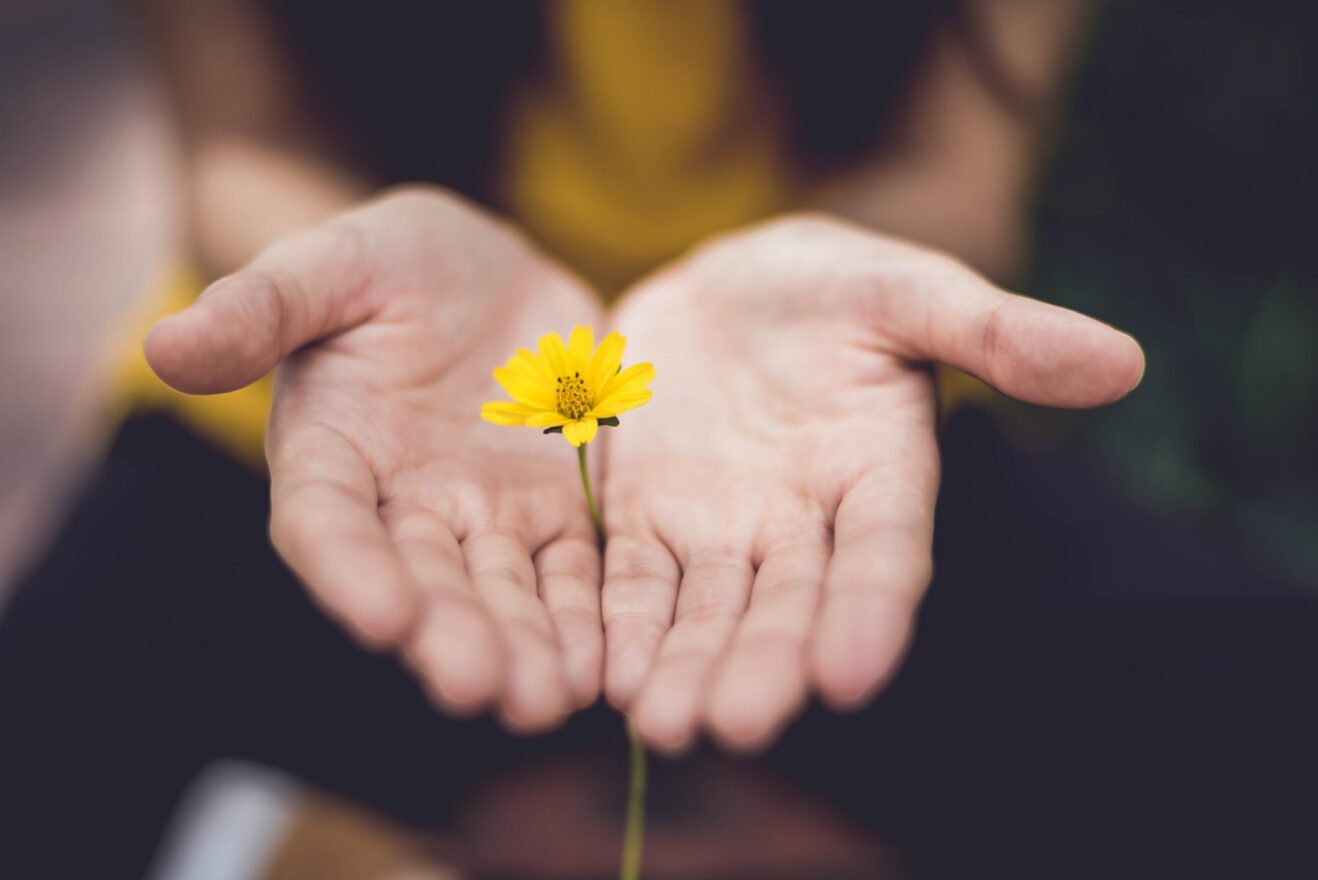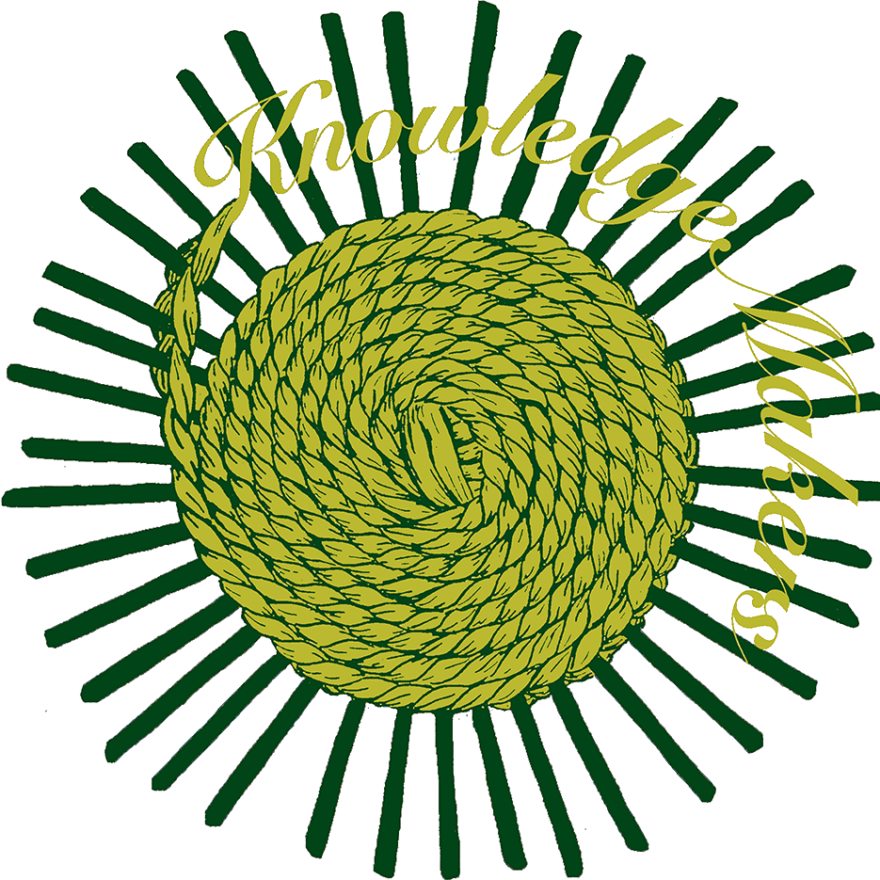Knowledge Makers History
Born from a desire to support Indigenous undergraduate students in becoming researchers,
Knowledge Makers started with fourteen students and a two-day workshop that explored Indigenous research. We came together with the support of our families, Elders, administrators, faculty, staff, and each other to create something that expresses the importance of being Indigenous researchers, and the breadth and possibilities of Indigenous research methodologies. This communal sharing of knowledge led to the inaugural Knowledge Makers publication.
Knowledge Makers is a collaborative teaching initiative where Indigenous undergraduate students learn the process of research, and how to publish research as Indigenous researchers. Based at Thompson Rivers University, we bring together up to 15 Indigenous undergraduate students each year from across the university to learn how to ‘make knowledge’ through a multi-modal approach.
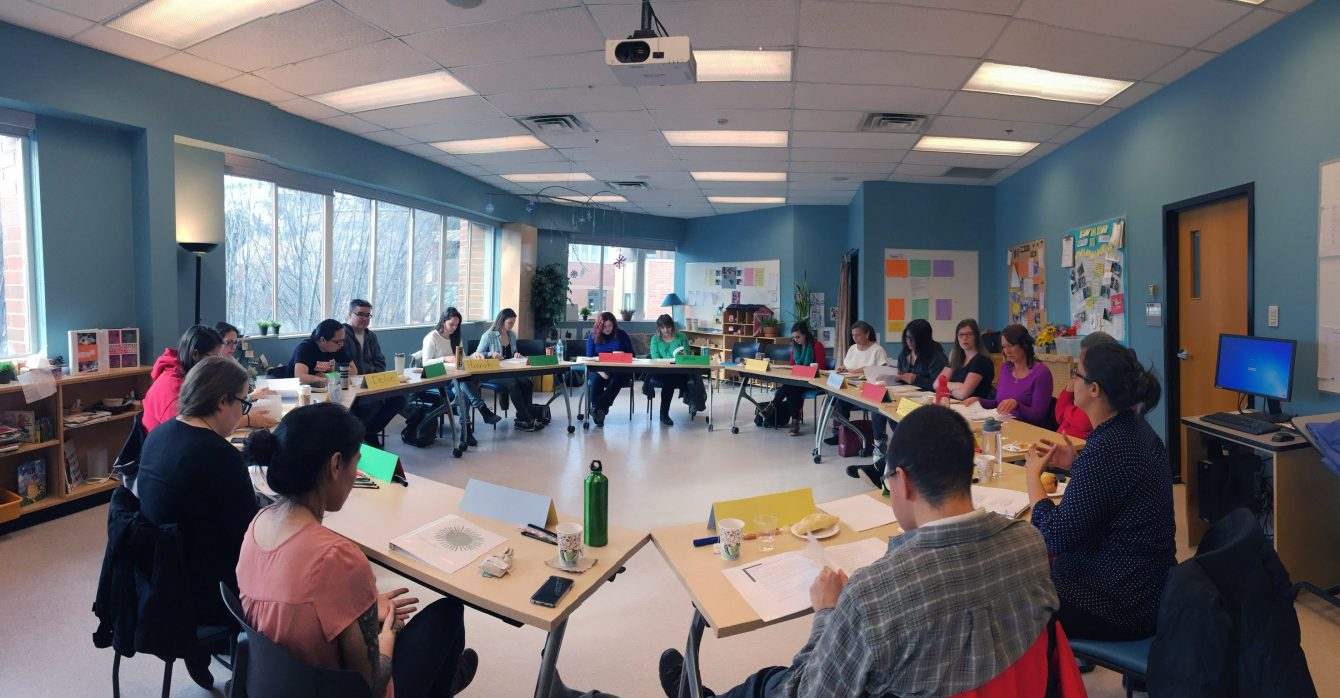
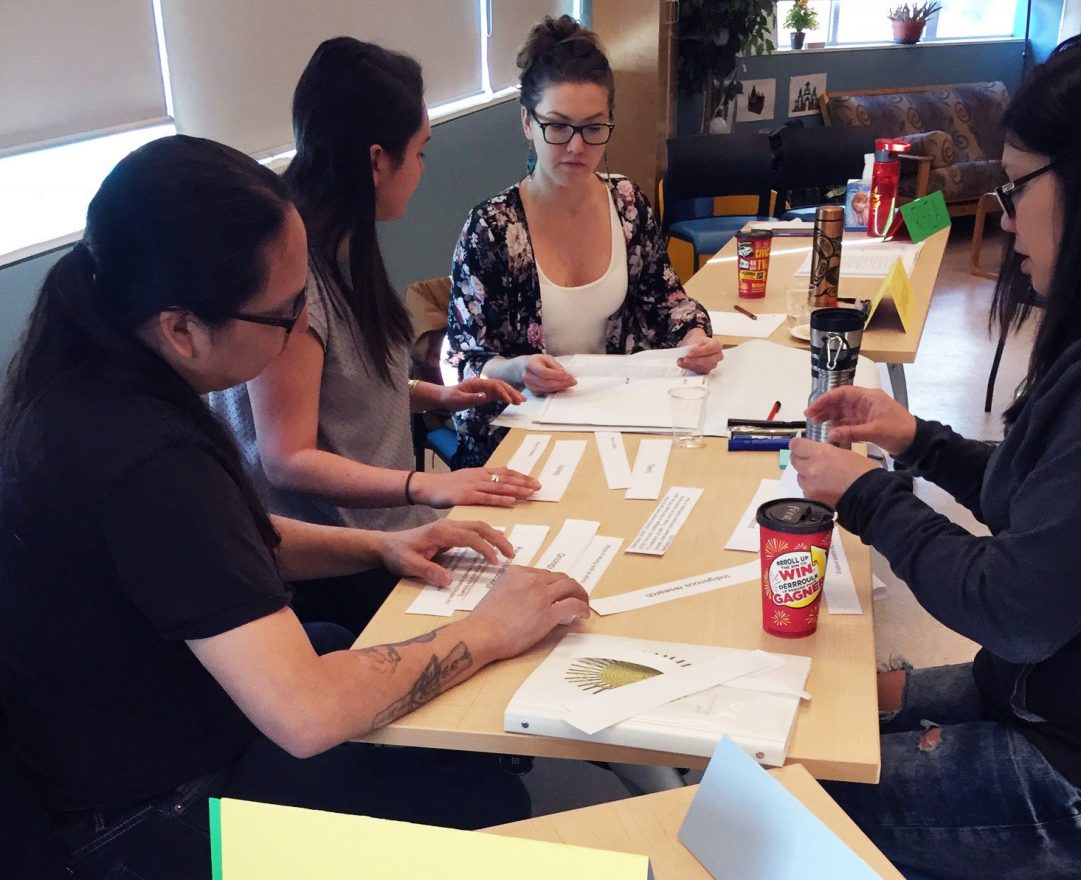
what we want to do
Our Mission
We are dedicated to transforming universities by engaging Indigenous students in research across multiple disciplines. We do this by offering opportunities for support, collaboration, and publication.
how we will get there
Our Vision
To create an Indigenous research network that allows students, scholars, academics, or any reader to access and be immersed in Indigenous knowledge and to preserve that knowledge for future generations.
The Knowledge Makers Symbol
The symbol of Knowledge Makers is the traditional Secwépemc Nation craft of the pine needle basket.
Levi Glass, a Knowledge Maker in 2016, created this symbol to incorporate two elements; that Knowledge Makers is both about the many generations of Indigenous knowledge that came before us and that our work together is weaving a future generation of Indigenous researchers.
Our team
.
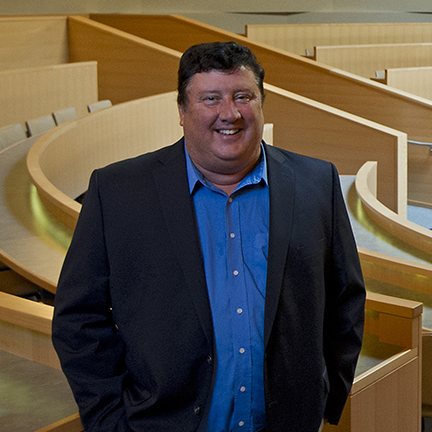
Dr. Rod McCormick
Director of All my Relations Indigenous Research Centre
Kanienkehaka
Dr.McCormick’s primary professional experience is in Counselling, Psychology, and Indigenous mental health. For the past 15 years, he has been engaged in building Indigenous health research capacity and advocacy for Indigenous health research at the provincial and national levels.
For over 10 years Dr.McCormick ran the BC Aboriginal Capacity and Developmental Research Environments (ACADRE), the Network Environment for Aboriginal Health Research (NEAHRBCYT), and Kloshe Tillicum.
As an advocate he is also the co-founder/leader of the National Aboriginal Health Research Steering Committee: Kawatsire. Currently, Dr.McCormick is running the All My Relations Indigenous Research Centre here at TRU, and is BC Indigenous Health Research Chair.
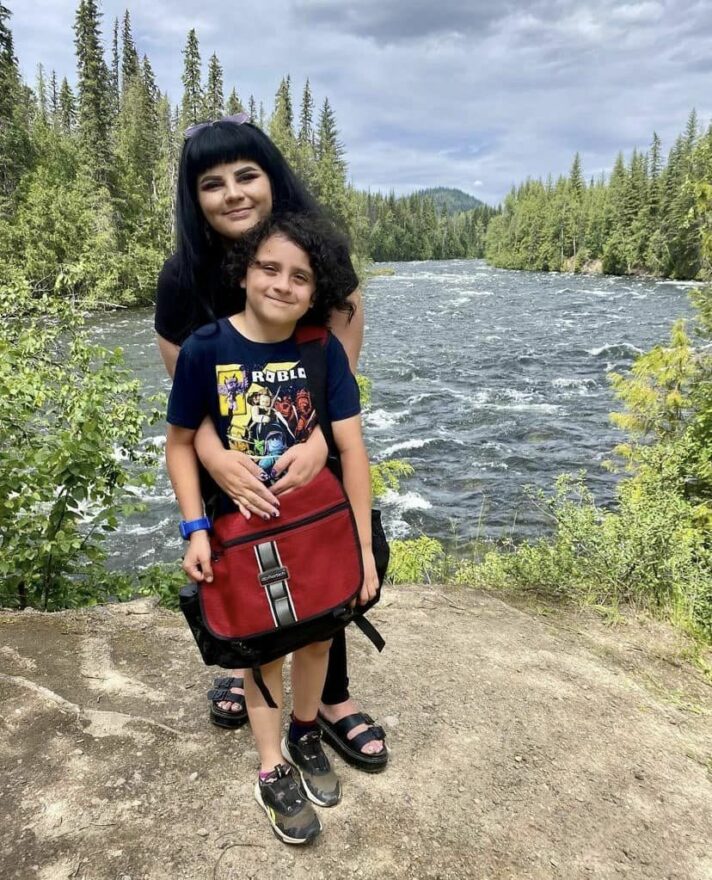
Jeneen Herns-Jensen
Assistant Director of All my Relations Indigenous Research Centre
Algonquin, Shoshone & Norwegian Settler Descendant
Jeneen has a Masters of Education with a background in English & language studies, political science, and Indigenous studies.
She is an active researcher, gardener, and parent to her son (Secwepemc). She also works with Dr. Gloria Ramirez & Dr. Janice Dick-Billy on Secwepemctsin language revitalization projects, while learning Secwepemctsin herself.
Jeneen is passionate about Indigenous research methodologies and linguistic teaching methods within Indigenous languages.
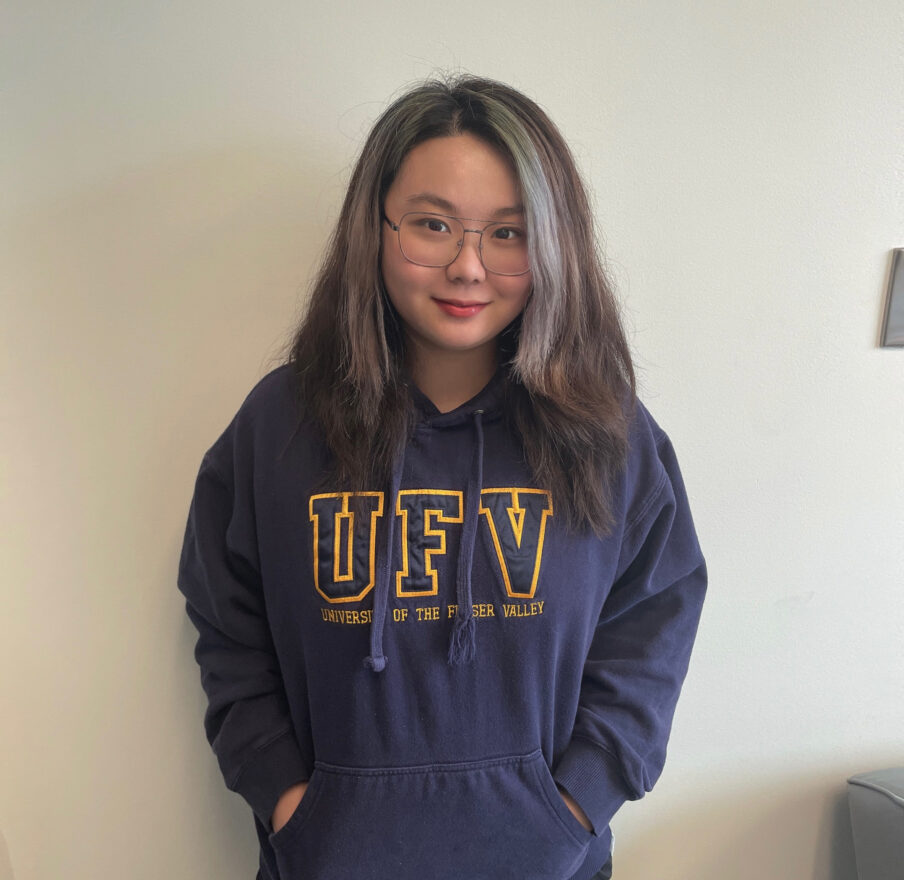
Chuying Jiao
Knowledge maker coordinator
ChuyingJiao has a Masters of Education alongside a Bachelor’s in Social Work. Originating from China as an international student.
Chuying brings a compassionate and knowledgeable approach to supporting all students through their academic endeavors.
Chuying primarily focuses on facilitating Knowledge Maker programs, where she works to create an inclusive and conducive learning environment.
Chuying is passionate about Indigenous research, advocating for its importance within academia.
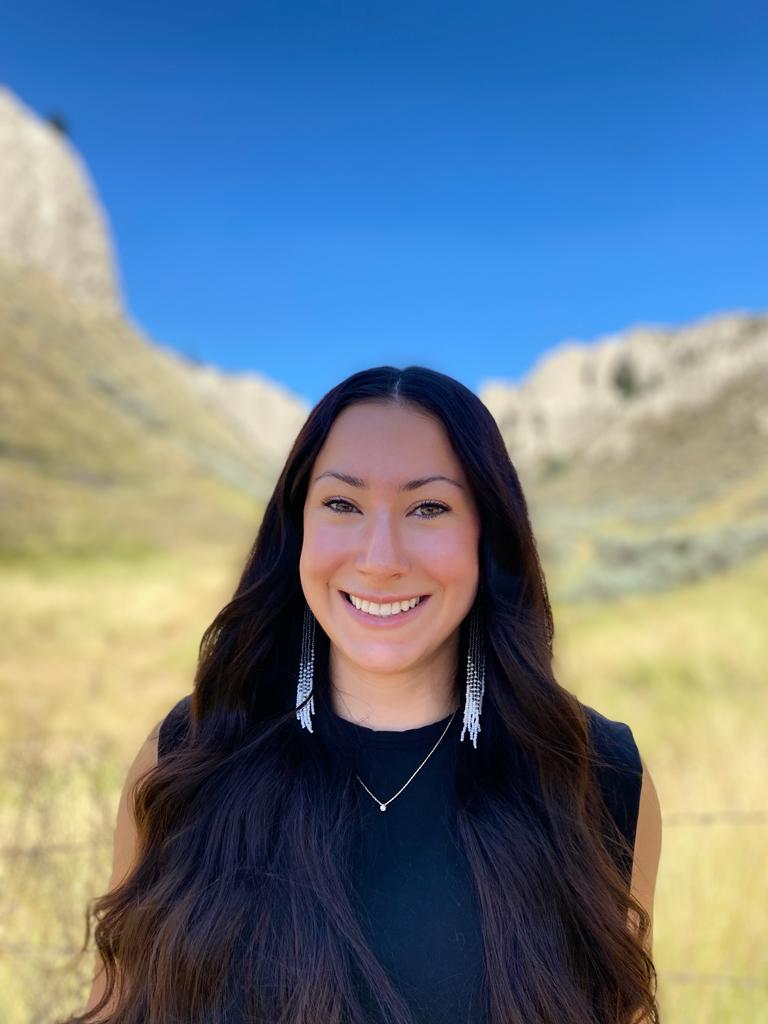
Peyton Anderson
Research Assistant
Nuxalk Nation
Peyton has a Master of Arts in Political Science and Bachelor of Arts in International Relations.
She is an avid skier, enjoys being active, and likes to stay up-to-date on international conflict analysis. She has previously worked in tandem with the British Columbia government to implement respectful policies and safeguards for Indigenous knowledge and decision-making practices.
She is currently working with the Knowledge Makers Journal, and with Dr. McCormick and Jeneen Herns-Jensen on a research project surrounding land-based healing practices.
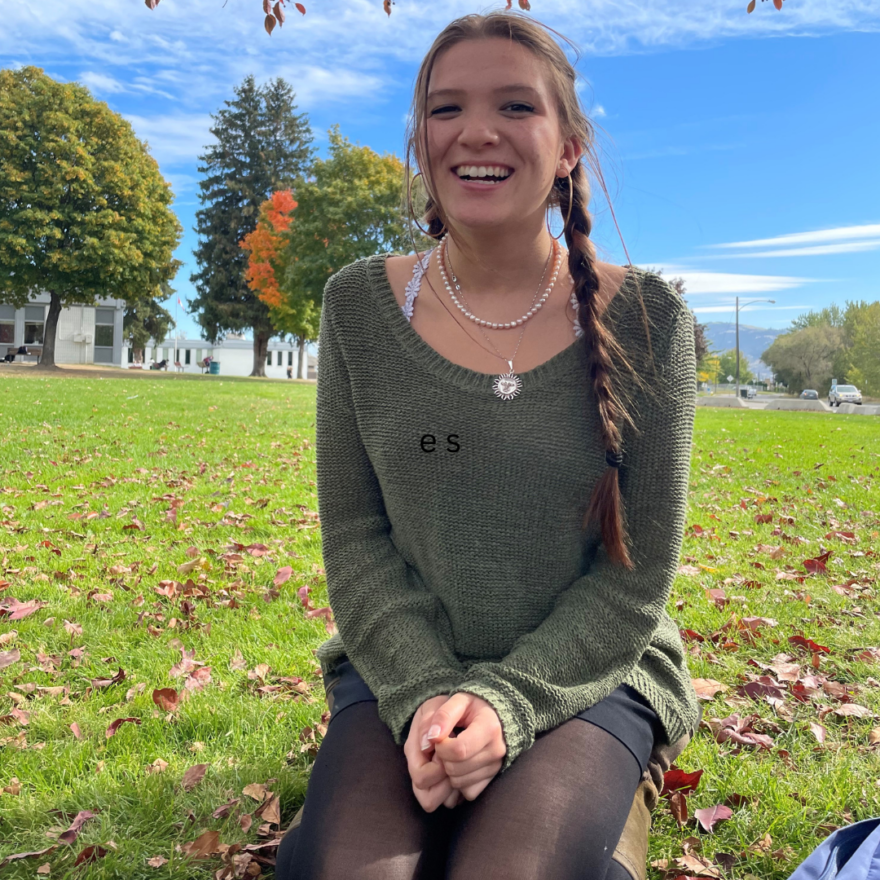
Skye Bandura- Griffore
Research Assistant
Qayqayt First Nation
Skye is an undergraduate student in the second year of her Bachelor of Arts Degree.
As a passionate activist for Indigenous rights, decolonization, climate action, and more, she is working with Knowledge Makers with the intention of furthering the future utilization of Indigenous education in political settings.
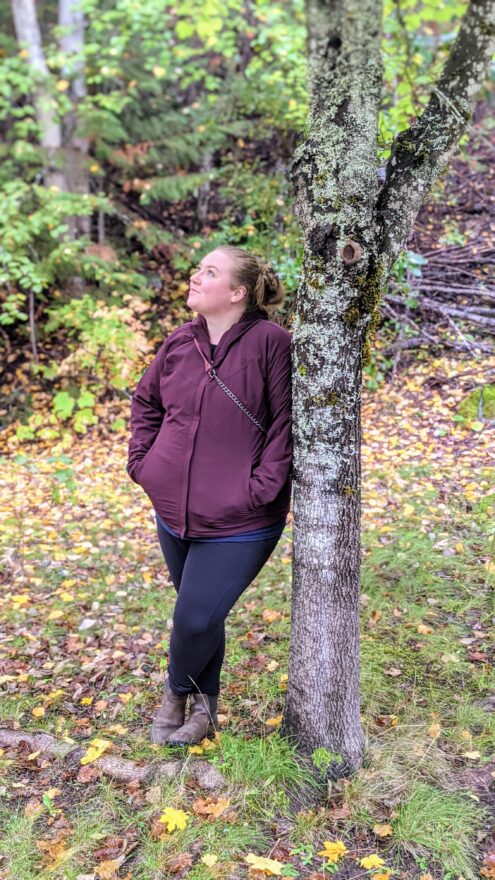
Kirsten Glass
Research Assistant
Of Settler Descent
Born and raised in St. Albert, AB, within Treaty 6 territory, Kirsten relocated to Kamloops in 2020. Armed with a General Management Diploma from Camosun College, she now pursues a Bachelor’s in Communication and Digital Journalism with a Marketing Minor at TRU. Her passions lie in accessibility, decolonization, and design.
At TRU, Kirsten has served in various research assistant roles including at TRU Makerspace and Rethink Learning Design, alongside assisting in classroom learning as a Student Teaching Assistant in Communications and Visual Arts.
Currently, Kirsten leads the TRUSU Social Dance Club as president and dedicates her spare time to fostering campus community through innovative initiatives.
Elders in Residence
Knowledge Makers Journal is grateful to have the wisdom of Elders that help to not only guide new Knowledge Makers but also the processes of healing, learning, documenting, protecting, and preservation that comes with research and our program.
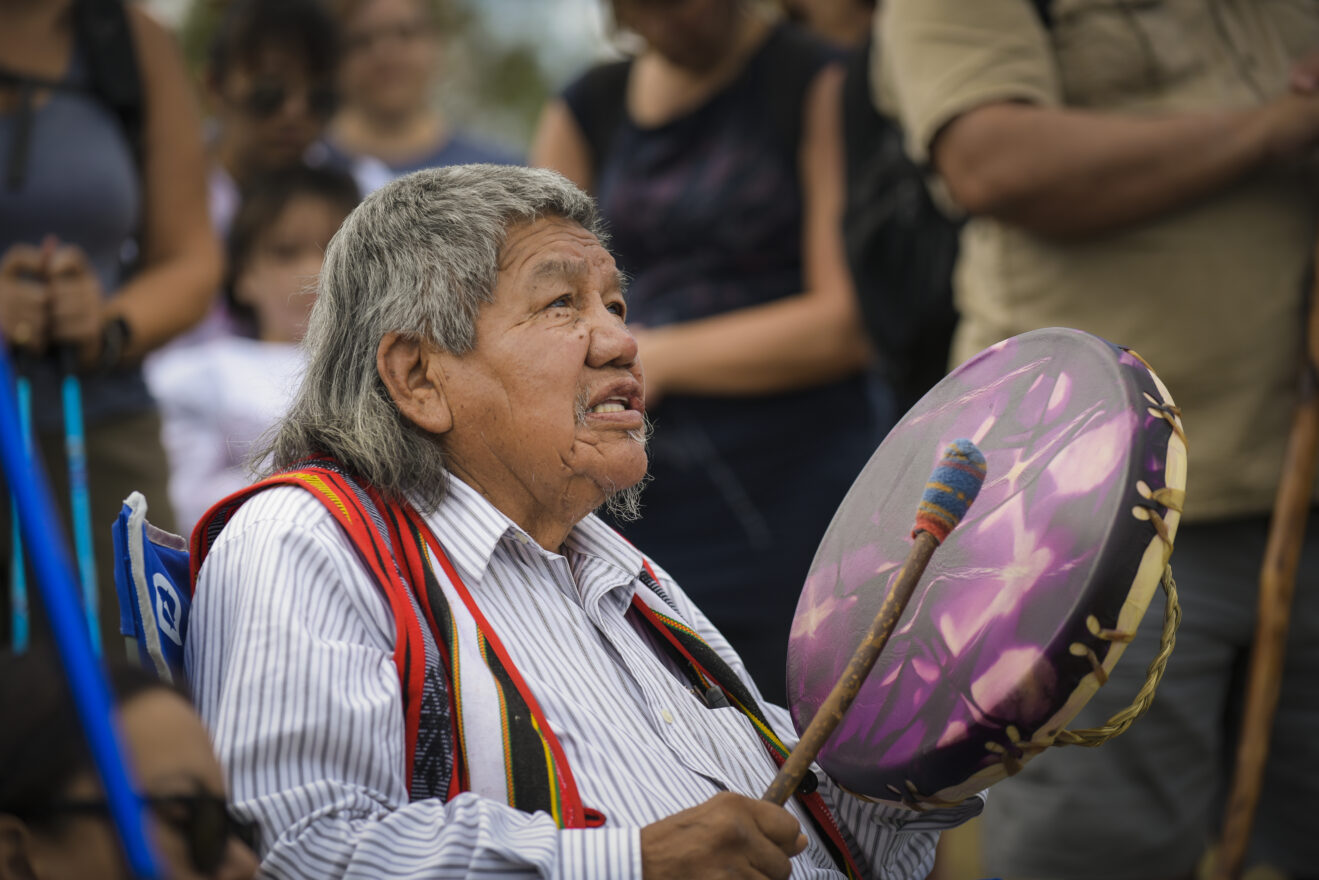
Mike Arnouse
Cstèlen
Kamloops Campus
Elder Mike speaks softly but has lots to teach about the history of Indigenous people and ancestral teachings.
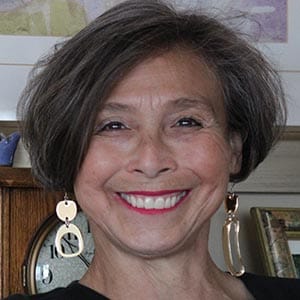
Joanne Brown
Cheslatta / Dakelh
Kamloops Campus
Joanne Brown is a member of the Cheslatta Carrier Nation, L’silu clan, born and raised in her home territory near Burns Lake, British Columbia. She moved to Secwépecmc’ulucw from Prince George in 1996.
Joanne’s previous work with Employment and Immigration Canada, as well as her studies in geography and anthropology (TRU) made her a natural fit for an occupation in Indigenous post‑secondary education.
She is grateful for her amazing community, especially working with neighbours and friends. Joanne strives to make sure that everyone is welcomed and ensures they feel special in a way that is unique and unforgettable. In her free time Joanne kayaks, gardens, cooks, and loves spending time with her precious friends and family.
